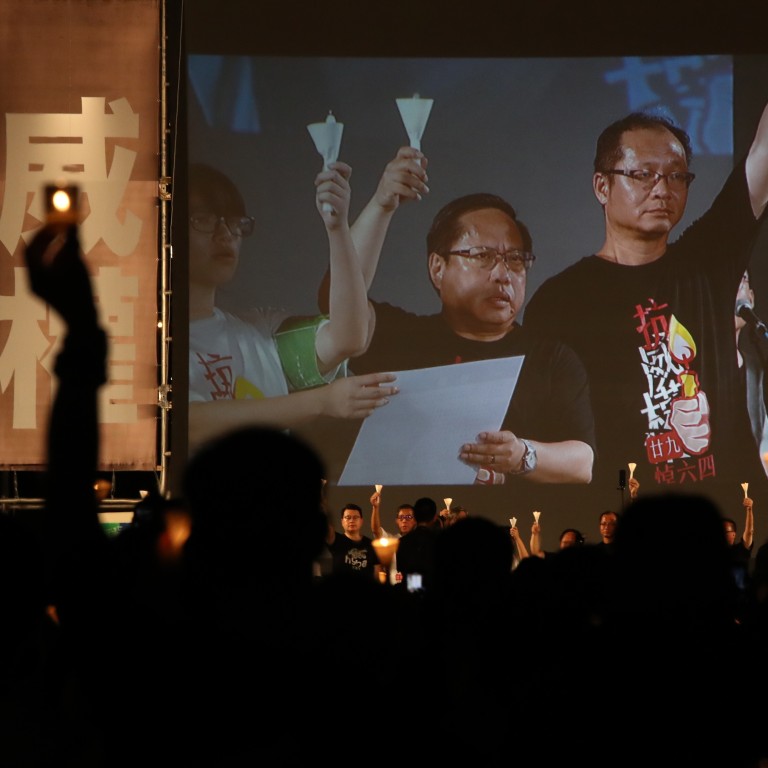
Hong Kong national security law: police information grab sparks fears over broad nature of powers and suspects’ rights
- Analysts express concern over labelling of group as ‘foreign agents’ and worry about lack of judicial oversight
- Authorities used powers to target group that organised the city’s annual Tiananmen Square vigil
Some analysts said it essentially allowed law enforcement agencies to label any group as “foreign agents”, enabling them to seize personal information, but without needing to provide supporting evidence or undergoing judicial scrutiny.
Others raised the issue of self-incrimination, but pro-establishment figures argued the right to silence only applied when a person became a suspect, and national security concerns trumped certain long-held beliefs.
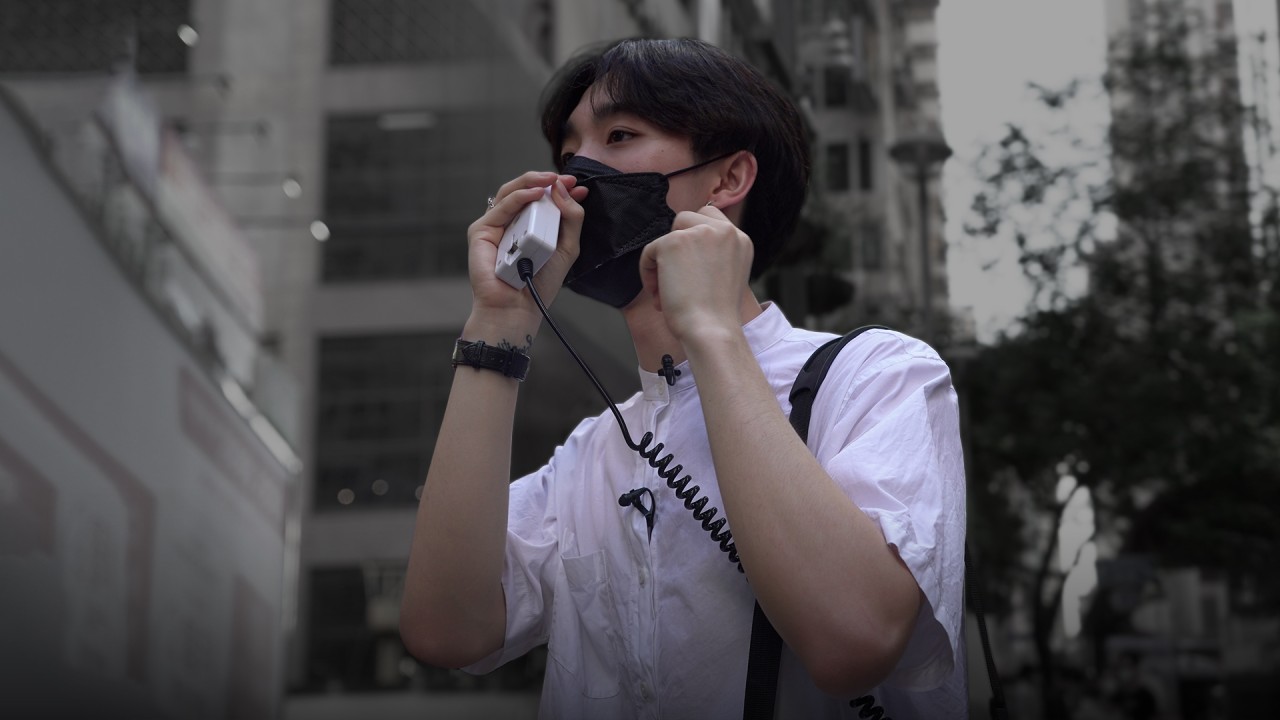
06:44
National security law one year on: Hong Kong activists still testing political ‘red lines’
One barrister, who spoke on condition of anonymity, said the powers were “obviously inconsistent with the freedom from self-incrimination for someone to be forced to produce records that could be used to prosecute them”.
HKU quizzing students over how they voted on motion mourning police assailant
Members of the legal community raised their concerns after Hong Kong police used the implementation rules of the national security law allowing them to seek information from “foreign and Taiwan agents”.
The rules, which supplement the legislation on a procedural level, grant the police commissioner the power to demand information from those groups, if he believes there is a need for an investigation to prevent a national security offence. All he needs is the approval of the secretary for security.
Failure to comply can result in a fine of up to HK$100,000 (US$12,840) and six months behind bars. Those who provide “false, incorrect, or incomplete” information face the same fine and a maximum jail term of two years.
Another criminal lawyer, who asked not to be named, said the problem lay in how police came to label a group as foreign agents, noting there was no explanation in the letters sent to the alliance.
“How the police label a group is entirely up to them, with no one to sanction that decision,” he said.
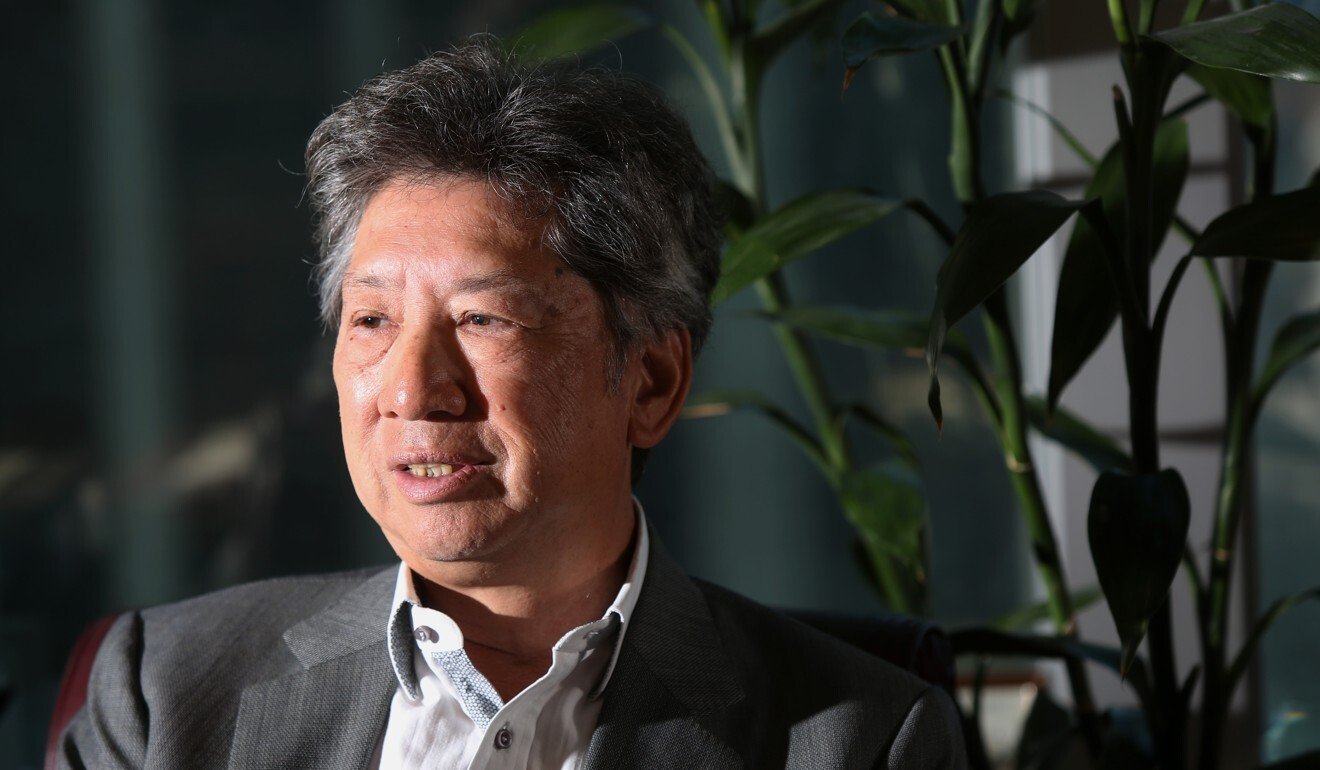
The consequence of that, one veteran activist said, was the fear “authorities could just label all [opposition] groups as foreign agents and act against them”.
But Ronny Tong Ka-wah, a barrister and an adviser on the Executive Council, the city leader’s de facto cabinet, said the yardstick for judging what constituted foreign agency was well-established.
According to the rules, the person or group in question, for example, must be directly or indirectly supervised, directed, controlled or being funded by a foreign government or political organisation.
In terms of self-incrimination, Tong said the “right to silence only arises when one is a suspect”.
While the national security law is immune from legal challenges over its constitutionality, Tong said groups under scrutiny could file a judicial review, because the decision was made by the secretary of security.
Exodus of Hong Kong residents not linked to security law, Beijing official says
Kent Roach, a law professor at the University of Toronto, disagreed and pointed out that while the right to silence was enshrined in the Basic Law, Hong Kong’s mini-constitution, the security law overrode that.
“The definition of a foreign agent [in the rule] is so broad that I am not sure that prior judicial review would necessarily restrain the power, especially as Hong Kong courts may well not apply the Basic Law to the schedule,” he said
Criminalising the failure to provide information was also problematic, Roach said, because instead of holding suspects accountable for what they had done, the rules punished them for what they did not do.
On the other side of the argument, Grenville Cross, a former director of public prosecutions, said where national security was concerned, there was “an obvious duty” on the citizen to cooperate.
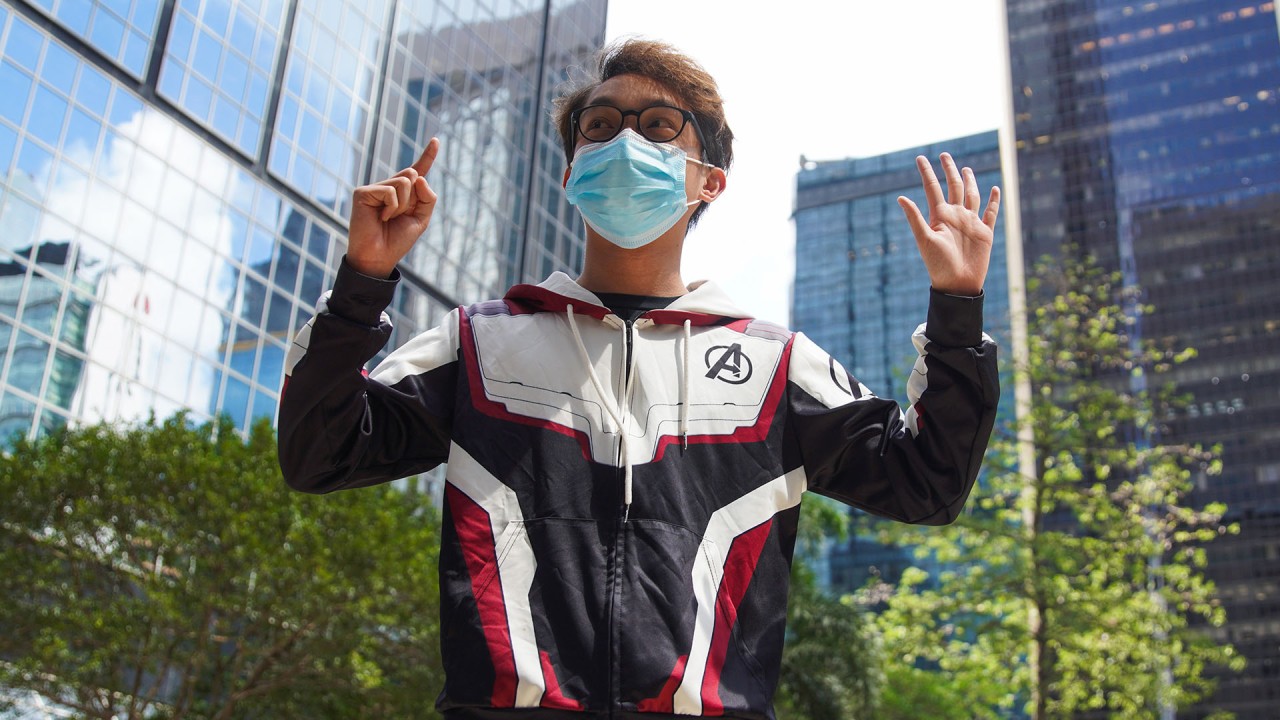
06:55
Hong Kong’s biggest opposition alliance, the Civil Human Rights Front, faces government ban
Cross also noted that similar powers exist in other legislation, notably dealing with money laundering, while the Independent Commission Against Corruption could also demand documents during an investigation.
Information that officers sought from the alliance included details of financial dealings connected to its activities with the New School for Democracy, Asia Democracy Network, China Human Rights Lawyers Concern Group, and other organisations funded by the US-based National Endowment for Democracy.
Police also wanted an explanation on its dealings with Mark Simon, the right-hand man of jailed media tycoon Jimmy Lai Chee-ying.
Albert Ho Chun-yan, a key member of the alliance, founded the concern group with his fellow Democratic Party member Emily Lau Wai-hing in 2007.
Group behind annual Tiananmen vigil in Hong Kong decides to disband
The group aims to “advocate for the protection of the rights of human rights lawyers and legal rights defenders in China” and hosts a database with a total of 113 lawyers spanning 12 specialisations, including freedom of speech cases, death penalty appeals and others.
In 2014, the concern group led a campaign to support the mainland China-based New Citizens’ Movement, a group of activists for civil reform headed by firebrand human rights lawyer Xu Zhiyong.
Four years later, the concern group and the alliance were among several Hong Kong groups which sent representatives to Geneva to meet NGOs ahead of the UN Human Rights Council’s meeting to discuss the human rights situation in countries such as China.
The alliance and the New School for Democracy co-organised a series of seminars in Taipei in 2019 to mark the 30th anniversary of the Tiananmen Square crackdown.
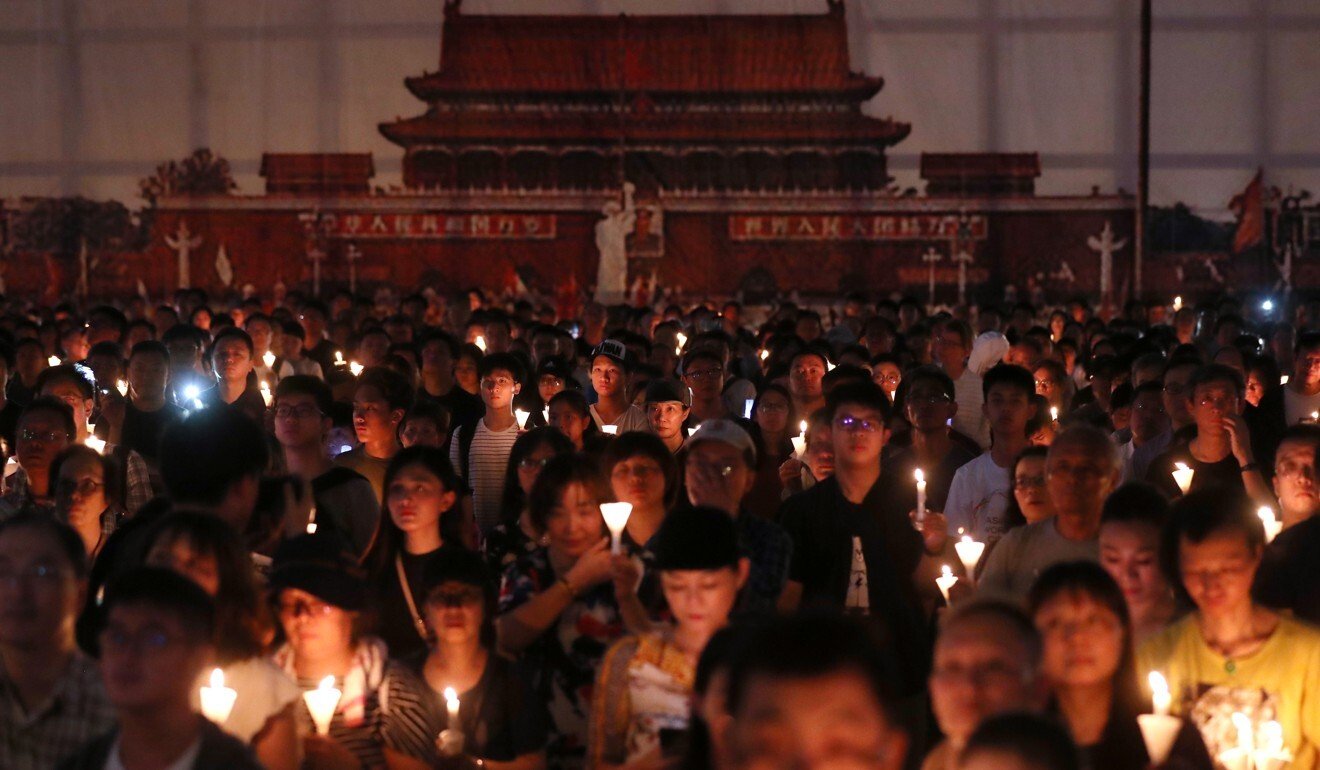
In addition, the school runs a non-profit online educational platform that seeks to “promote Chinese democratic theory, exchange Chinese democratic experiences, and consolidate Chinese democratic power” by educating younger generations of Chinese people about democracy.
It was co-founded in Taiwan on May 30, 2011, by Wang Dan, a human rights activist and one of the student leaders of the 1989 democracy movement in China.
Apart from Wang, the founding board also included Tiananmen Square student leaders Wang Juntao, now-retired Hong Kong political scientist Joseph Cheng Yu-shek, editor-in-chief of the New York-based Beijing Spring magazine Hu Ping, Taiwan transport chief and Democratic Progressive Party member Lin Chia-lung, and National Chengchi University sociology professor Ku Chung-hwa.
Ho was a former director.
The group was once a registered company with an office in Hong Kong. But it closed down after the national security law was enacted in June last year, and filed for deregistration with the Companies Registry earlier this year.


